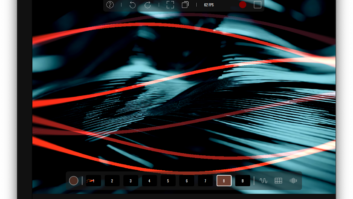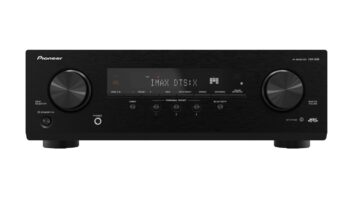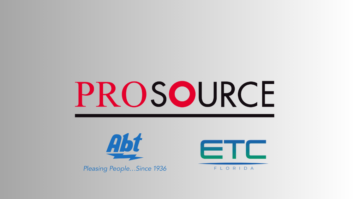XM Satellite Radio said it expects to reach 5.5 million subscribers by the end of 2005, increasing the company’s projected lead over rival Sirius Satellite Radio to 3 million net subscribers.
XM currently has a 2 million-subscriber advantage over Sirius.
XM’s president and CEO Hugh Panero said at a recent earnings conference, “XM is the clear leader in this new industry,” with its market share in the year hitting two-thirds of all new retail subscribers and 75 percent of all new OEM subscribers to satellite radio.
The fourth quarter proved particularly strong for XM in new subscribers at the retail level, said Panero. Of the 713,101 new subscribers for the quarter, 491,000 were generated from retail, resulting in a stronger retail/OEM ratio that is expected to spill over into the first quarter.
Helping to drive retail sales is the new portable/headset category, which XM calls XM2Go. XM said that 275,000 XM2Go products have been produced thus far, mainly of the Delphi MyFi.
The company expects that its projected 5.5 million subscribers by the end of the year will result in revenues of $480 million.
XM said it continues to investigate new platforms for its service, such as inclusion in cellular phones and MP3 players. When asked if XM is in talks with Apple to add XM to the iPod, Panero said, “I had some exploratory conversations, but Apple’s business is based on driving the price of their radios down. They are focused on the onslaught of competition from other MP3 players … but [Apple’s CEO] Steve [Jobs] said he’s willing to be wrong and time will tell.” Sirius’ CEO Mel Karmazin was reported to have said Jobs does not want to include satellite radio capability in the iPod at present.
XM also announced the launch this month of the first 24-hour Major League Baseball channel, called “Home Plate,” featuring baseball news, call-in shows, classic games and other content.
On the OEM level, Panero said General Motors plans to produce more than 1.5 million XM-equipped vehicles in 2005 and Honda expects to produce 400,000.
A spokesman for XM claimed that the fourth quarter marked the first time that XM’s ARPU, or revenue per unit, sold exceeded that of Sirius’ which charges $3 more per month for its service. He also noted that subscriber acquisition costs for the year for XM were $62 vs. Sirius’ at $177, said the spokesman.
XM said of its total 3.2 million subscribers at the close of 2004, 2.8 million were self-paying subscribers (or 87 percent) vs. promotional subscribers. Approximately six out of 10 promotional subscribers convert to self-paying when the promotion ends, XM said.













